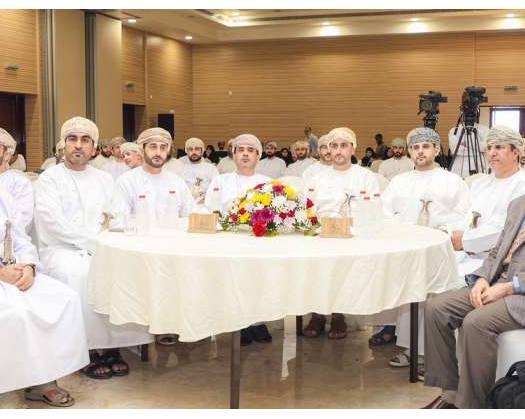Brussels: On Tuesday, the European Union Agency for Fundamental Rights (FRA) released a critical report that criticizes the current state of affairs at the bloc's borders.
This report reveals that migrants and refugees frequently endure degrading treatment at the hands of border security forces across member states. Furthermore, it indicates that national governments seldom initiate investigations into such violations.
The study specifically focuses on border nations in the Balkans and the Mediterranean, highlighting that countries such as Greece, Hungary, and Croatia are notably ineffective in investigating incidents of ill-treatment and loss of life related to border management.
The FRA has expressed concern that despite credible allegations of mistreatment, these countries have not made sufficient efforts to locate and hear from victims and witnesses. This lack of access to crucial evidence, including footage from border surveillance, hampers the work of lawyers.
Additionally, the report points out an increasing number of cases being brought before the European Court of Human Rights. It has ruled on five occasions that credible cases of abuse were not properly investigated.
In a parallel development, a report from the Council of Europe’s Committee for the Prevention of Torture (CPT) last year shed light on the harrowing experiences of migrants, including instances of being stripped, beaten, and subjected to prolonged detentions that contravene European legal standards.
The BBC's investigation in June uncovered that the Greek coastguard was responsible for at least 40 deaths of refugees over a three-year period by forcing them back into the sea, including nine instances of deliberate drowning.
The FRA's most recent study underscores that the fear of retaliation and intimidation from asylum procedures prevents many migrants from reporting abuse. In certain countries, such as Cyprus, there are financial penalties for making allegations that authorities deem to be false, thereby discouraging victims from coming forward.
Moreover, the report highlights that, following interviews with refugees from Africa in 13 member states, instances of racist incidents were rarely reported. This is attributed to the migrants' belief that "nothing would change."
The FRA conducted its research by analyzing documents and conducting interviews with prosecutors, migration ministries, NGOs, and law enforcement agencies in 14 EU member states.








